The conflict within the Federal Bureau of Investigation over the investigation into Hillary Clinton’s use of a private email server has been much speculated and commented on. Especially since the Bureau’s director, James Comey, came out last July and announced he would not be sending a referral for prosecution of Hillary Clinton for her flouting of the law and mishandling of classified documents.
Now, we know more about what that conflict was about from a report in the Wall Street Journal from unspecified “people familiar with the matter.” According to the WSJ, it’s now known that secret recordings from unrelated corruption investigations, brought on by claims made by Peter Schweizer in his 2015 book “Clinton Cash,” led investigators to dig in when told to back off of their investigation into the Clinton Foundation.
At the center of the conflict is one person, in particular, the U.S. attorney for Brooklyn, Robert Capers. Capers is accused of exacerbating the issues between the FBI investigators (who believed there was enough evidence to pursue a corruption case against the Clinton Foundation aggressively) and public-corruption prosecutors (who believe the case was based on hearsay and too weak to move forward on).
The matter got further contentious and layered as we see the circular finger-pointing between the FBI deputy director Andrew McCabe, who has come under scrutiny for his failure to secure a warrant for the emails discovered on Huma Weiner’s computer, and Mr. Capers:
“Amid the internal finger-pointing on the Clinton Foundation matter, some have blamed the FBI’s No. 2 official, deputy director Andrew McCabe, claiming he sought to stop agents from pursuing the case this summer. His defenders deny that, and say it was the Justice Department that kept pushing back on the investigation.
At times, people on both sides of the dispute thought Mr. Capers agreed with them. Defenders of Mr. Capers said he was straightforward and always told people he thought the case wasn’t strong.”
Honestly, Capers sounds like that guy at work who plays all sides; the man with no real opinion or loyalty, except in regards to himself. However, neither Capers nor McCabe comes out of this looking like unwitting actors for their part. It is a marked harbinger of what we saw unfold last week between the FBI and the Justice Department when Director James Comey broke with the DoJ and informed Congress they were re-opening the Clinton investigation.
But wait, there’s more.
“FBI investigators grew increasingly frustrated with resistance from the corruption prosecutors, and some executives at the bureau itself, to keep pursuing the case.
As prosecutors rebuffed their requests to proceed more overtly, those Justice Department officials became more annoyed that the investigators didn’t seem to understand or care about the instructions issued by their own bosses and prosecutors to act discreetly.
In subsequent conversations with the Justice Department, Mr. Capers told officials in Washington that the FBI agents on the case “won’t let it go,” these people said.
As a result of those complaints, these people said, a senior Justice Department official called the FBI deputy director, Mr. McCabe, on Aug. 12 to say the agents in New York seemed to be disregarding or disobeying their instructions, these people said. The conversation was a tense one, they said, and at one point Mr. McCabe asked, “Are you telling me that I need to shut down a validly predicated investigation?’’ The senior Justice Department official replied: ”Of course not.”
Emphasis added.
If there’s anything we learn from this report, it’s that investigators were confident enough in their findings to 1. Feel they had sufficient reason to continue the investigation. To the point that Mr. Capers was clearly annoyed that he couldn’t rest assure his interested higher ups in the DoJ that the investigation was closed; 2. Not be as covert and hush-hush as they were being instructed to be; and 3. Doggedly insist on continuing the investigation, despite being told the Justice Department did not intend to pursue the case.
Whatever happens to the case against the Clinton Foundation, only time and more probing will tell. One thing is sure, it’s not a good look for Hillary Clinton, a mere six days from the election and on the cusp of being the first president-elect actively under federal investigation, for her and her husband’s legacy foundation to be under the same scrutiny.

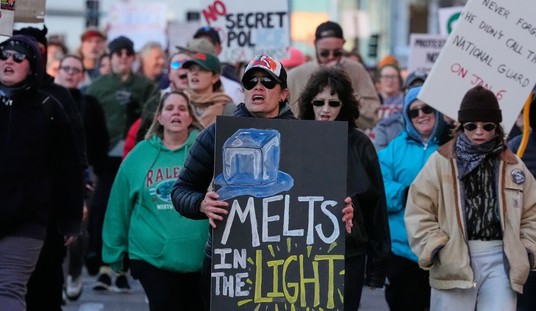

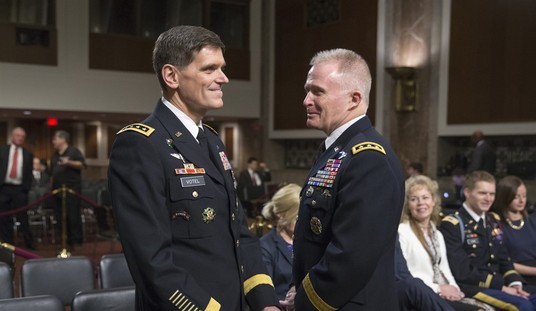



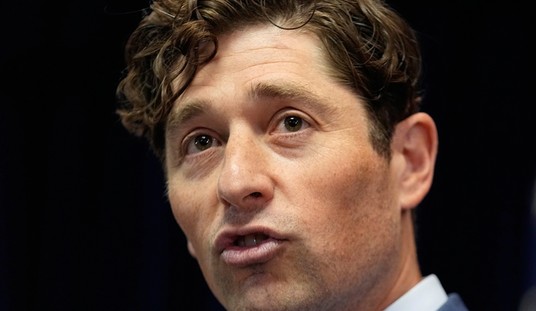
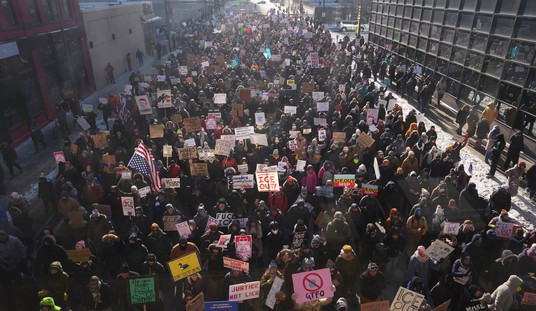


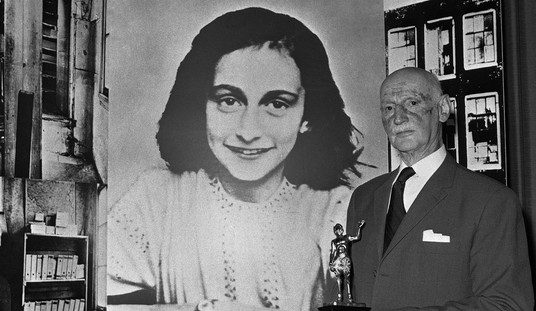

Join the conversation as a VIP Member